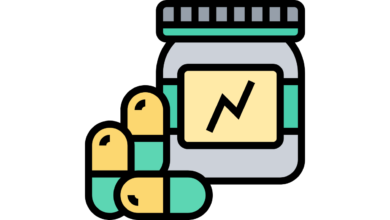Fiber for Constipation Relief: A Complete Guide
Fiber Up: Your Guide to Gentle Relief

What is fiber ?
Fiber is a type of carbohydrate that the human body cannot digest. It is found in plant-based foods such as fruits, vegetables, whole grains, and legumes. There are two main types of fiber:
- Soluble fiber: Dissolves in water and forms a gel-like substance in the digestive tract. Examples include oats, beans, and apples.
- Insoluble fiber: Does not dissolve in water and adds bulk to stools. Examples include wheat bran and vegetables.
What are the benefits of fiber in constipation ?
Fiber plays a crucial role in relieving constipation by:
- Adding bulk to stools: Insoluble fiber adds bulk to stools, making them larger and easier to pass.
- Absorbing water: Soluble fiber absorbs water, softening stools and making them easier to pass.
- Promoting gut health: Fiber can promote the growth of beneficial gut bacteria, which can improve digestive function.
How much to take ?
The recommended daily intake of fiber varies depending on age and gender. Generally, adults should aim for 25-38 grams of fiber per day. It’s
best to increase fiber intake gradually to avoid digestive discomfort.
When to take in constipation ?
For constipation relief, it is generally recommended to consume fiber-rich foods throughout the day. However, you may find that consuming a larger amount of fiber at breakfast can help regulate bowel movements.
Side effect of taking too much in constipation ?
While fiber is generally safe, consuming too much fiber too quickly can cause bloating, gas, and diarrhea. It’s important to
increase fiber intake gradually and drink plenty of water to prevent these side effects





